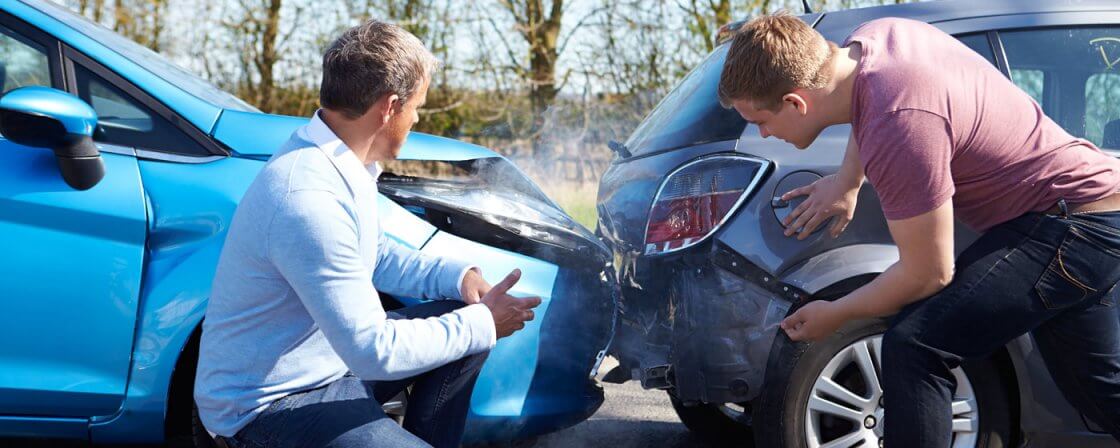If you turn around in the store and break the goods on the shelves with your bag, you will have to pay for the goods. The same applies to a broken window or window. It is our responsibility and our duty to make things right. Similarly, if your dog bites someone, you hit another skier on skis or cause damage with the increasingly popular drone. In that case, too, the liability follows you. This also means full compensation for damages.
You have to pay for any damage you cause. It does not matter whether it was intentional or by mistake. If you spill on a colleague’s computer, it is your responsibility to pay for the repair. Similarly, you will have to pay the shop owner for a new shop window, and you will have to pay the medical expenses of a person who has been bitten or a skier who has been hit.
In the words of the law, the person who caused the damage by intentionally acting against good morals is liable for the damage. The prerequisites for this liability are the occurrence of the damage, the act violating a certain (legal) obligation, a causal link between the damage and such act and finally fault.
Culpability can be recognised in various forms and degrees:
- direct intent – the person knew that his or her conduct would cause the consequence in question and intended to cause it,
- indirect intent – the person knew that his or her conduct was likely to cause the consequence in question and was aware of the consequence in case it occurred,
- deliberate negligence – the person knew that by his conduct he could cause the consequence in question but relied on his failure to cause it without reasonable grounds,
- reckless disregard – the person did not know that his or her conduct was likely to cause the result, although he or she ought to have known that, given the circumstances and his or her personal circumstances.
Only a person who has the capacity in tort, is aware of his or her actions and is able to control them can be liable for damages.
It’s not just about the damage caused
If you cause damage somewhere in the workplace, you may also be able to claim damages for loss of earnings.
In addition, if you injure someone, it may even be to compensate them for the difficulty of future employment if they are left with permanent consequences.
There can also be the extreme case where you run a red light, crash a luxury car for you, and in the process hit and kill a woman and her children on the sidewalk. Then be prepared to pay for the funeral, the hardship of the family and loved ones. And the car.
Are you solving a similar problem?
Solutions Tailored for You
Our team of experienced attorneys will help you solve any legal issue. Within 24 hours we’ll evaluate your situation and suggest a step-by-step solution, including all costs. The price for this proposal is only CZK 690, and this is refunded to you when you order service from us.
I Need help
- When you order, you know what you will get and how much it will cost.
- We handle everything online or in person at one of our 6 offices.
- We handle 8 out of 10 requests within 2 working days.
- We have specialists for every field of law.
How not to go crazy?
In such cases, it’s a good idea to take out so-called third-party liability insurance. This insurance costs a few hundred a year, but can save you a lot of trouble in the end. However, when taking out such insurance, be careful what life situations it covers and at what level. Employment practices liability insurance may also come in handy.
“Crap insurance” is a popular term for this type of insurance. It can be taken out for bodily injury, property damage or financial loss caused to someone else. It is offered by banks and insurance companies for a variety of situations, typically public liability insurance or employer’s liability insurance. Find out about the products your insurer offers. You may not even know that you already have them. Often it is also part of a home or other insurance policy.
Tip for article
Tip: Road accidents are one of the most common situations in which we deal with compensation, whether as the injured party or as the person who caused the damage. What are the relationships between the parties involved and how does the insurance company get involved? What can you claim and how to proceed in such situations? This is the subject of a separate article.
What is the employee’s liability for damages
However, public liability insurance sometimes does not cover damages caused by the employer. You are liable up to a maximum of 4 and a half times your average monthly wage, but only for unintentionally caused damage. The 4.5 times limit does not apply if the damage was caused intentionally, while drunk, or after using other addictive substances (e.g. marijuana). In such a case, you will be liable for the full amount of the employer’s damages.
But it is different if you enter into a so-called liability agreement with your employer. In this case, you are liable for the loss of entrusted values, such as money in the cash register, goods in the warehouse, etc., and you are liable for the entire damage, so there is no upper limit. The only defence against a reported shortfall is to prove that the employee was not at fault (e.g. there was a proven robbery by a third party on the night).
If more than one employee enters into the agreement (e.g., an entire shift), the increased liability is on the supervisor and his/her deputy. They pay a greater share of the total damage. If you have such an agreement in place, we strongly recommend that you take out insurance for these cases as well. Employee’s liability has inconvenienced more than one worker who has had their employer’s compensation put a line through their budget.
Tip for article
Tip: The employee is only liable for compensation to the employer to a limited extent. What are the limitations on an employee’s liability for damages? We have addressed this in a separate article.




